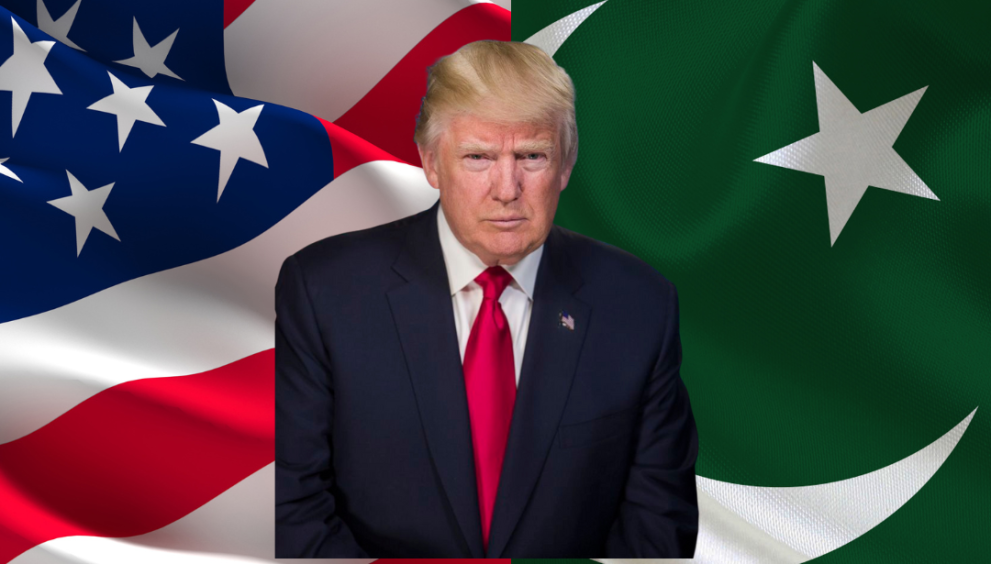In a significant geopolitical and economic development, the US-Pakistan oil deal was publicly confirmed by former President Donald Trump via a statement on his social platform. According to Trump, the United States and Pakistan have agreed to collaborate on the exploration and development of Pakistan’s long-claimed coastal oil reserves. The announcement marks a strategic shift in the region’s trade dynamics, especially as the U.S. simultaneously escalates trade sanctions on India.
“We have just concluded a deal with Pakistan to jointly work on developing their massive oil reserves,” Trump said, implying that a top oil company is currently being chosen to lead the project. Though continuing talks indicate Pakistan is attempting to win advantageous trade terms, the declaration did not specify whether Pakistan would be subject to new tariffs or benefit from lower rates.
Tariff Talks in Progress
Pakistan’s Finance Minister Mohammad Aurangzeb, currently in Washington, is reportedly engaged in final-stage negotiations over a tariff arrangement with U.S. officials. While specific details remain undisclosed, insiders suggest a potential trade agreement could be finalized before the August 1 deadline.
Ishaq Dar, the foreign minister, also affirmed that negotiations are in progress to reach a settlement that benefits all parties. At a Washington event, Dar stated, “We hope to conclude a trade agreement… hopefully in days, not weeks.” According to Pakistani officials, the objective is to secure terms similar to those found in previous U.S. trade accords with nations such as Vietnam and Japan, where tariff rates range from 15% to 20%.
The US Pakistan oil deal is being interpreted as a strategic move by Washington to strengthen ties with Islamabad while using trade as a lever in wider geopolitical negotiations, especially amid tensions with India.
India Faces Tariffs and Sanctions
On the flip side of this energy diplomacy, India has come under fire for its continued engagement with Russian military and energy sectors. The U.S. imposed a 25% tariff on Indian imports, starting August 1, and hinted at additional penalties. In order to defend the harsh tariffs, Trump charged that India had “some of the world’s most strenuous and obnoxious non-monetary trade barriers.”
In an unprecedented move, the U.S. also implemented trade sanctions against six Indian companies for participating in Iran’s petrochemical and petroleum trade. These firms, including Alchemical Solutions and Jupiter Dye Chem, reportedly imported millions of dollars’ worth of Iranian-origin products, violating American sanctions law.
The Indian government responded by stating it is reviewing the impact of these actions and remains committed to securing a balanced bilateral trade deal with the United States.
The newly announced US Pakistan oil deal signals a renewed partnership in energy development and a shift in South Asia’s geopolitical landscape. At the same time, India faces mounting pressure through tariffs and trade sanctions, underscoring the U.S.’s strategic use of economic tools to pursue its foreign policy goals. As negotiations unfold, Pakistan stands to benefit not just from oil exploration, but from deepening economic ties with the U.S.







